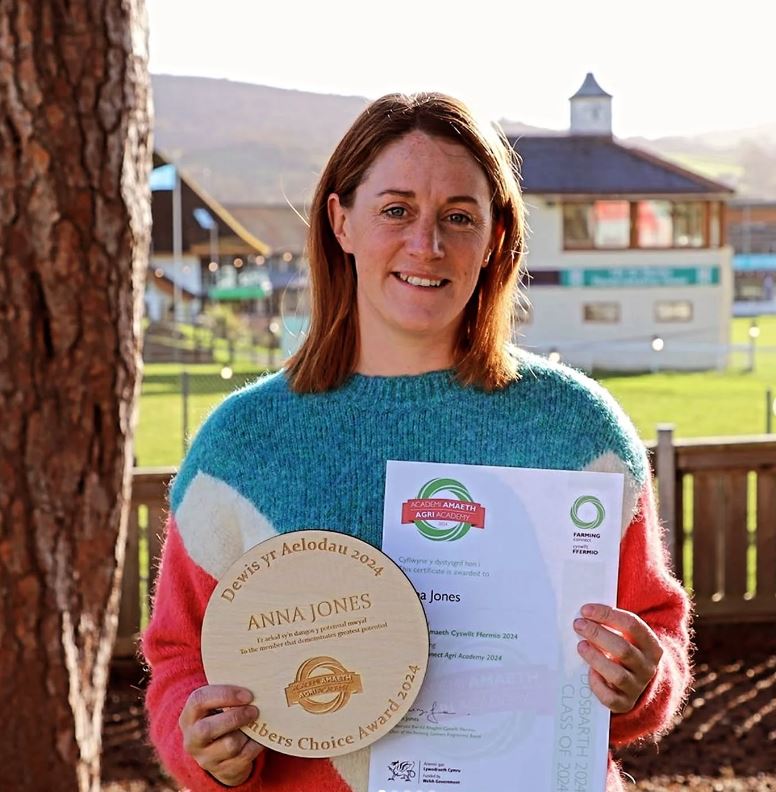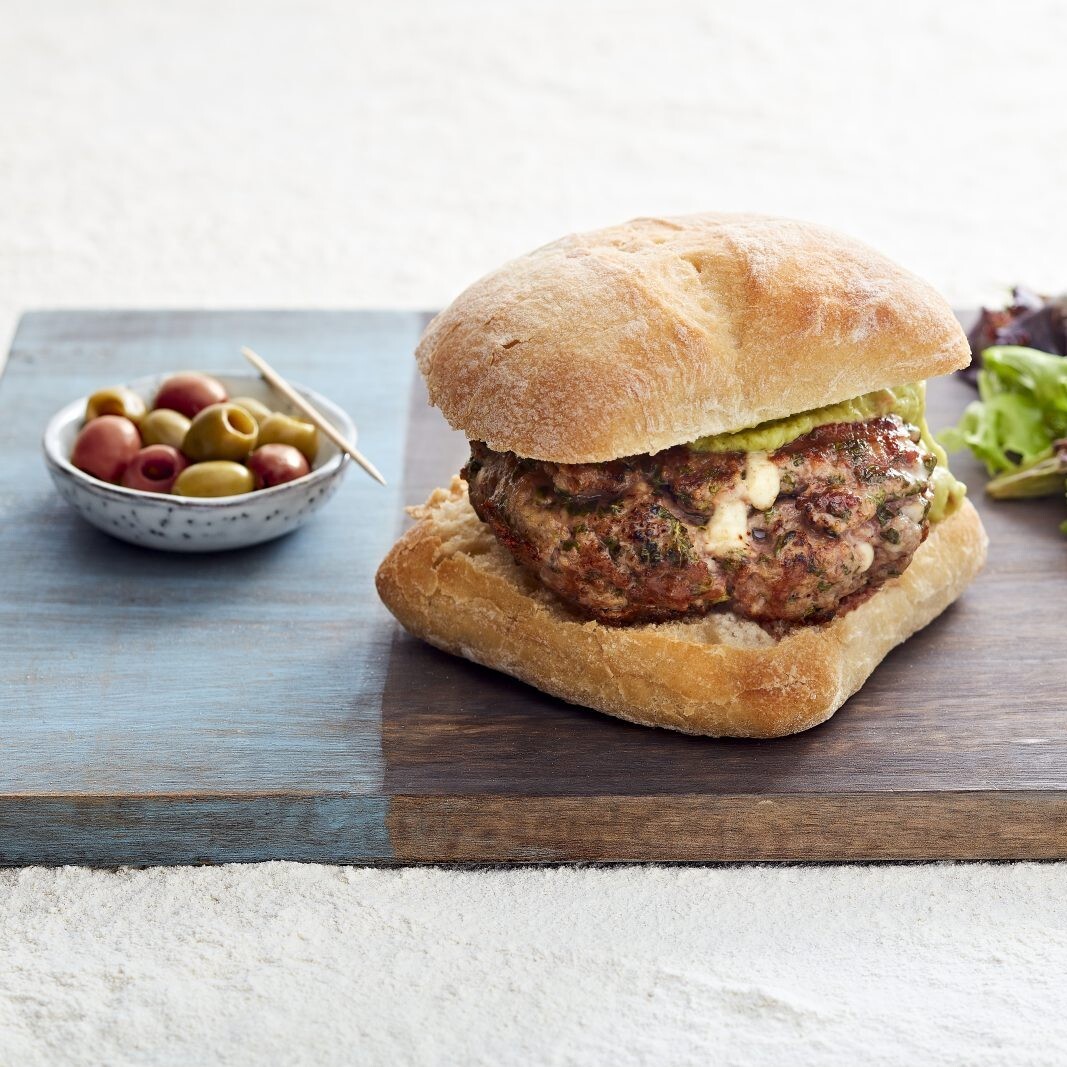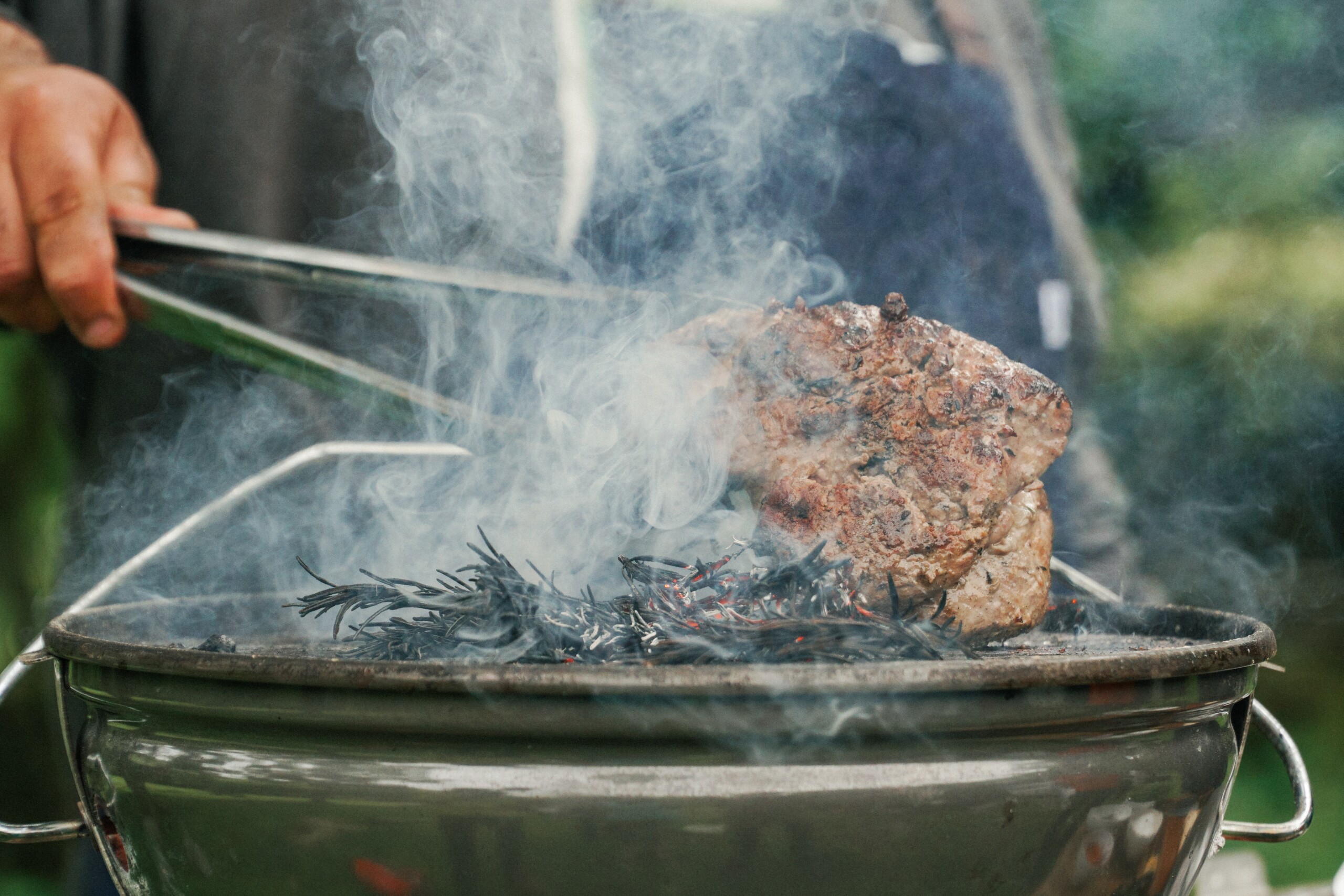When our new ‘Lambassador’ and top London chef, Francesco Mazzei, visited one of our Welsh Lamb hill farms in north Wales, it reminded him of his home in Calabria, south west Italy.
A firm believer in ‘simple is best’, Francesco discovered that the Welsh way of farming is also about keeping things simple, just as nature intended.
https://youtu.be/7dDe9q0Zn3Q
What do Welsh livestock farmers feed their lambs?
Ken and Lisa Markham farm in Llanfihangel-y-Pennant and are passionate about producing Welsh Lamb. Their Welsh Mountain flock grazes the natural grasses on Cader Idris, a mountain at the southern end of Snowdonia National Park. The Markhams’ participate in environmental schemes to ensure that the farm is working in harmony with nature while producing a nutritious and natural quality product.“Our lambs live on the natural grass – they fatten naturally.”
How do Welsh livestock farmers look after the landscape?
At the end of December, the flock is brought down from the mountain, giving the grass three months to recover. The flock returns to the mountain on 1 April. For centuries, Welsh farmers have played a pivotal role in creating and maintaining the spectacularly beautiful rural landscapes that we know and love, and their sustainable management has helped create a diverse rural environment that is rich in wildlife and visitor-friendly.“This way of farming is good for the grass, the environment – everything works fine.” Ken Markham
Why is Welsh Lamb so special?
With high standards of animal husbandry and pastureland management, family run farms have helped preserve this unique landscape for generations. It is one of the reasons Welsh Lamb and Welsh Beef have achieved the coveted and prestigious Protected Geographical Indication (PGI) status from the European Commission and the UK Government.“We have to farm the natural way, as our ancestors have done for centuries.” Lisa Markham
How are Welsh livestock farmers integral to the rural economy?
Welsh livestock farmers, like Ken and Lisa, support local livestock markets, maintaining the rural economy and supporting local jobs. Farms within rural communities rely on each other, from moving livestock to shearing sheep, and generally spend what they earn within their local area. Culture is also the fabric of rural communities. By supporting other rural businesses, Welsh family farms keep farming traditions and the Welsh language alive.Is Welsh Lamb traceable?
It is good to know where food comes from, how it was reared, and in what country it was produced. Welsh Lamb, as well as Welsh Beef, is tagged and logged from birth, so it can be traced to a specific farm. In addition, only approved, regularly inspected abattoirs can prepare the meat. After visiting Ken and Lisa’s farm and learning how they produce an exceptional natural product, Francesco has a renewed passion for Welsh Lamb.“Now that I know where Welsh Lamb comes from and how it is looked after, I will cook it with even more respect.” Francesco MazzeiWatch Richard Roderick of Newton Farm and Alun Elidyr of Cae Coch explain how they use sustainable farming practices that work in harmony with nature. https://www.youtube.com/watch?v=zmoX5XHYY30 https://www.youtube.com/watch?v=0hRsBxUUMnA



